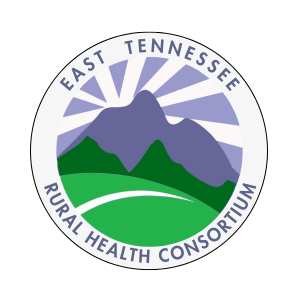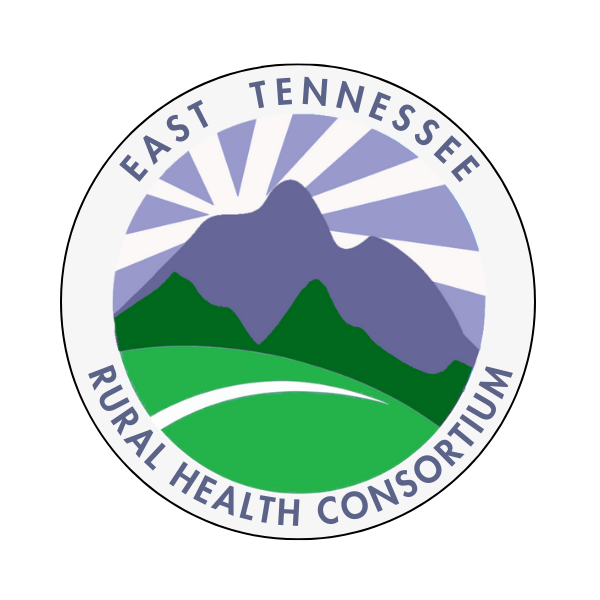Training Materials for ETRHC Grantees
Parental Guides for Young Children and Adolescents
ETRHC and Project Hope have created guides to help parents prevent prescription drug misuse in children.
Guide for Parents of Young Children
Guide for Parents of Adolescents
Fentanyl Awareness Guide for Parents, Teens, and College Students
Youth Development Trainings
The Youth Working group has created several trainings that support and promote healthy youth development. Those trainings can be found here.
Drug Take-Back Information and Resources
Permanent Drug Boxes in the ETRHC Area
Counties have permanent drug boxes for community members to properly and safely dispose of unused medications. We have confirmed from Claiborne, Campbell, Cocke, Jefferson, and Scott counties that these boxes are still operational at this time. We have developed a flyer for each county for you to share electronically or print, so the community will know there are available.
Campbell County RCORP drug box flyer
Claiborne County RCORP Drug box flyer
Cocke County RCORP drug box flyer
Jefferson County RCORP drug box flyer
Scott County RCORP drug Box flyer
ETRHC Region Broadband Summary and Resources
ETRHC has created a list of Internet broadband resources in the 10 counties.
View Broadband Summary and Resources
Stigma Reduction Trainings
Three on-line or in-person educational opportunities have been developed for health and service providers who work with people impacted by substance use disorder. Please contact Dr. Laurie L. Meschke, Professor at University of Tennessee, Knoxville and Director of ETRHC: Project HOPE, and NOW at llmeschke@utk.edu or 865-964-8368 for more information or to request a training. Please find the training information and the flyer here.
The ETRHC consortium has created 21 information fact sheets about the state of OUD in the ten-county region. Each fact sheet addresses an area of concern in our community, detailing the severity of the problem, feasibility of addressing the problem, community views about the problem, and the expected benefits of addressing the problem. Click on the links below to learn more about these concerns within the ETRHC region.
Unite Us Hub and Spoke demonstration
In July 2022, RCORP-ETC hosted a presentation on the hub and spoke model for East Tennessee. Coordination of services for those in need of immediate support can be challenged by both time and available resources. To address this, hub and spoke serves to enhance service coordination and expedite resource access. Spirit is a powerful hub and spoke tool coordinated by Metro Drug Coalition. View the January 2022 presentation.
Partnership Engagement in Addressing Opioid Use Disorder
RCORP-ETC presented on community engaged scholarship at the 2019 UTK Engagement and Outreach conference.
The resources below cover the following topics:
⁃ Involving persons in recovery for OUD prevention
⁃ Dentists and veterinarians and their role in the opioid crisis
⁃ Different stages of adolescent development
⁃ MOUD billing for providers
⁃ Substances impact on the brain
⁃ Social Determinants of Health and SUD
Dentists and the Opioid Crisis
Veterinarians and the Opioid Crisis
ETRHC Region Strategic Plan
The top three priorities of the ETRHC consortium are mental health, stigma reduction, and treatment and recovery services for OUD. Our strategic plan report describes our action steps for addressing these priorities and ultimately eliminating opioid use disorder in our community.
Learn More about the Strategic Plan
ETRHC Regional Analysis Report
The goals of the ETRHC consortium are to decrease the occurrence of OUD and overdose deaths in the ten-county region. Our regional analysis report represents the first step to understanding the state of OUD in the ETRHC region.
The existing data and the data that were collected for this report revealed opportunities for the ETRHC and the greater community, to decrease the risk of OUD and it many consequences. The opportunities were found at the individual, relationship, and community level.
ETRHC Community Survey Report
ETRHC conducted a community strengths and themes assessment survey to better understand the challenges and strengths related to opioid use disorder (OUD) in the 10-county region. We invited all persons who were 18 years or older who live, work, or play in the 10-county region to answer the survey. The survey was available from March 8 to March 20, 2021; 152 people in the 10-county region completed the online survey.
ETRHC Region Strategic Plan
The top three priorities of the ETRHC consortium are mental health, stigma reduction, and treatment and recovery services for OUD. Our strategic plan report describes our action steps for addressing these priorities and ultimately eliminating opioid use disorder in our community.
Learn More about the Strategic Plan
ETRHC Regional Analysis Report
The goals of the ETRHC consortium are to decrease the occurrence of OUD and overdose deaths in the ten-county region. Our regional analysis report represents the first step to understanding the state of OUD in the ETRHC region.
The existing data and the data that were collected for this report revealed opportunities for the ETRHC and the greater community, to decrease the risk of OUD and it many consequences. The opportunities were found at the individual, relationship, and community level.
ETRHC Community Survey Report
ETRHC conducted a community strengths and themes assessment survey to better understand the challenges and strengths related to opioid use disorder (OUD) in the 10-county region. We invited all persons who were 18 years or older who live, work, or play in the 10-county region to answer the survey. The survey was available from March 8 to March 20, 2021; 152 people in the 10-county region completed the online survey.

